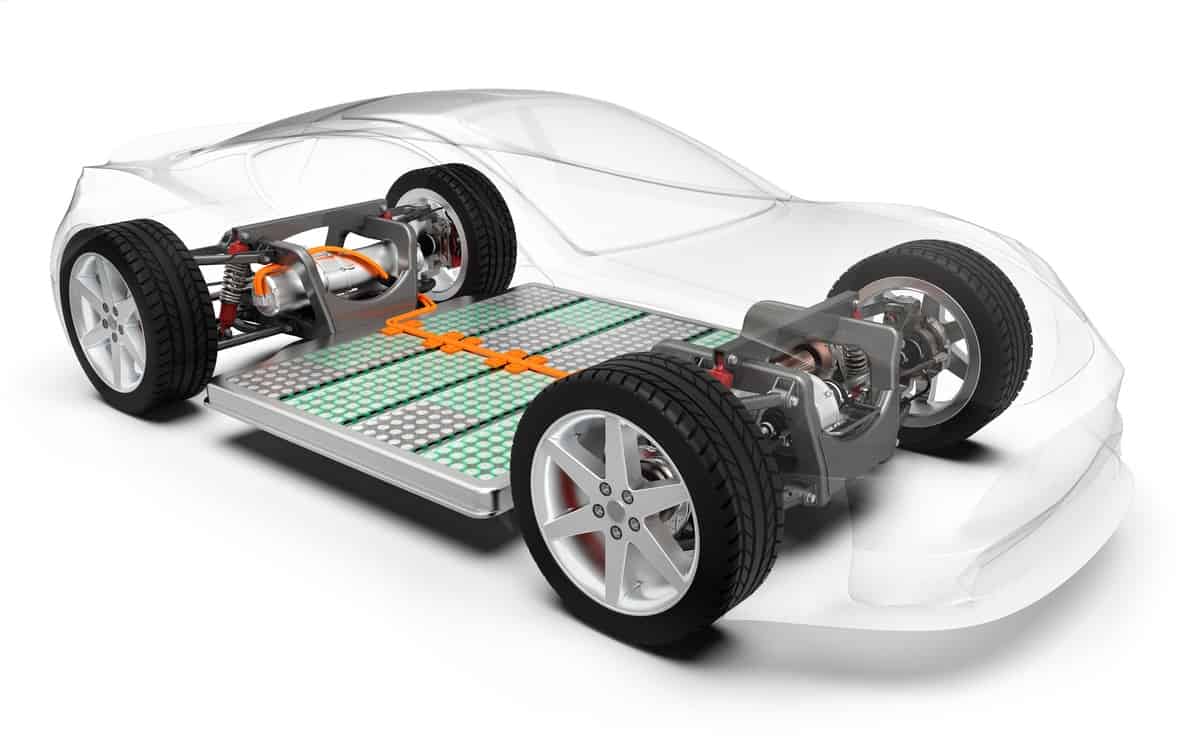Ministers of the European Union have finally legislated the law banning new sales of internal combustion engine cars and vans by 2023, Swedish Energy Minister Ebba Busch announced.
The significant decision put an end to last-minute opposition from Germany and its few supporters. Germany has delayed the legislation for weeks already as it persists in fighting the ban.
About the agreement
The disputed regulation, which Germany’s Transport Minister Volker Wissing had postponed for weeks, was approved by energy ministers from the 27 member nations.
The report noted that a meeting last week between Berlin and the European Commission served as the benchmark for the agreement on Tuesday.
Later, additional technical law outlining an alternative for e-fuels will be developed as part of the agreement. For those unaware, e-fuels are synthetic fuels that emit less CO2 from the tailpipe than gasoline.
“We have found an agreement with Germany on the future use of eFuels in cars. We will work now on getting the CO2 standards for cars regulation adopted as soon as possible, and the Commission will follow up swiftly with the necessary legal steps to implement recital 11.”
Executive VP for the European Green Deal, Frans Timmermans, via Twitter
It must be noted that the EU institutions would still need to ratify that kind of gap in the agreement.
The European Parliament’s and member nations’ consent is also required for the Commission’s vow to change its CO2 emission rules if the technical remedy is rejected.
What does the law exactly mandate?
The newly passed law will ensure that the following standards will be adhered to within the union:
- 100% CO2 emission cut for new cars sold by 2035
- 55% CO2 emission cut for new cars sold by 2030
EU’s Fit for 55 package of green legislation
The 2035 car engine ban law is a significant part of the Fit for 55 package of green legislation of the European Union. It is expected to help the union to mitigate the rapidly increasing emissions from road transport.
The EU aims to raise the initial 2030 carbon reduction objective through legislation. Throughout the following few years, it will compel automakers to increase the sale of electric vehicles.
Furthermore, it has also been advocated to enact separate legislation to address truck, bus, and coach emissions. At the same time, there are also discussions of a vast set of regulations that would include all non-CO2 vehicle pollutants included in the Euro 7 standards.
Nonetheless, the only thing left to do for the car CO2 regulation to take effect in the coming weeks is for it to be published in the official journal of the EU.

